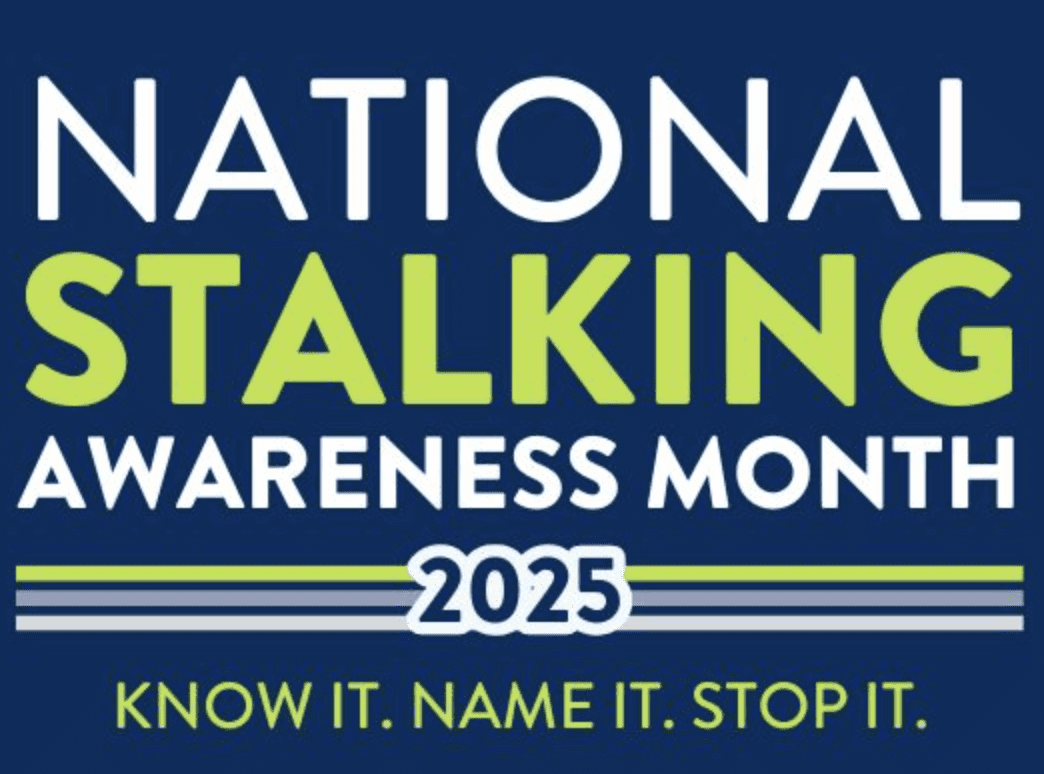Let’s face it; we all fall off the wagon sometimes. For me, it’s fried chicken, for others it might be fast food cheeseburgers or French fries. Most of us have been taught that our eating habits stretch out over a lifetime to formulate who we will become in old age. That is, we don’t worry as much about what we’re putting into our bodies in our teen age years and twenties, even thirties.
However, a recent study published in the “Journal of the American College of Cardiology” has found that it just takes one fall off the health food wagon to negatively affect the body.
This research is not to be taken as fatalistic yet may help individuals, especially those prone to not so great eating habits, understand what it takes to feel their very best. Lead author on the study, cardiologist Dr. James H. O’Keefe of Mid America Hearth Institute and University of Missouri–Kansas City in Kansas City, Missouri, is unique in discussing the short term effects of poor eating habits. The study refers to “anti-inflammatory” diets as vital to preventing both diabetes and heart disease.
You see, the highly processed, fatty, sugary foods Americans are so fond of eating result in big spikes of blood-sugar levels. Tissue inflammation ensues, blood vessels constrict and the body’s subsequent stress results in a rise in blood pressure. Similar to children going on a sugar binge with candy that makes them feel a short surge of energy then a crash, junk food leaves people feeling hungry again all too soon despite a high caloric intake. These foods simple break down in the body too quickly and easily to do the body much good.
The slow-release foods suggested by this study are not surprising: whole grain breads, nuts and fresh fruits and vegetables; lean protein, fish and beans. This study, entitled “Dietary Strategies for Improving Post-Prandial Glucose, Lipids, Inflammation, and Cardiovascular Health,” may help the average person and health care providers not only focus on the long-term effects of good eating habits but also the short-term effects that help individuals to productively make it through their days.



